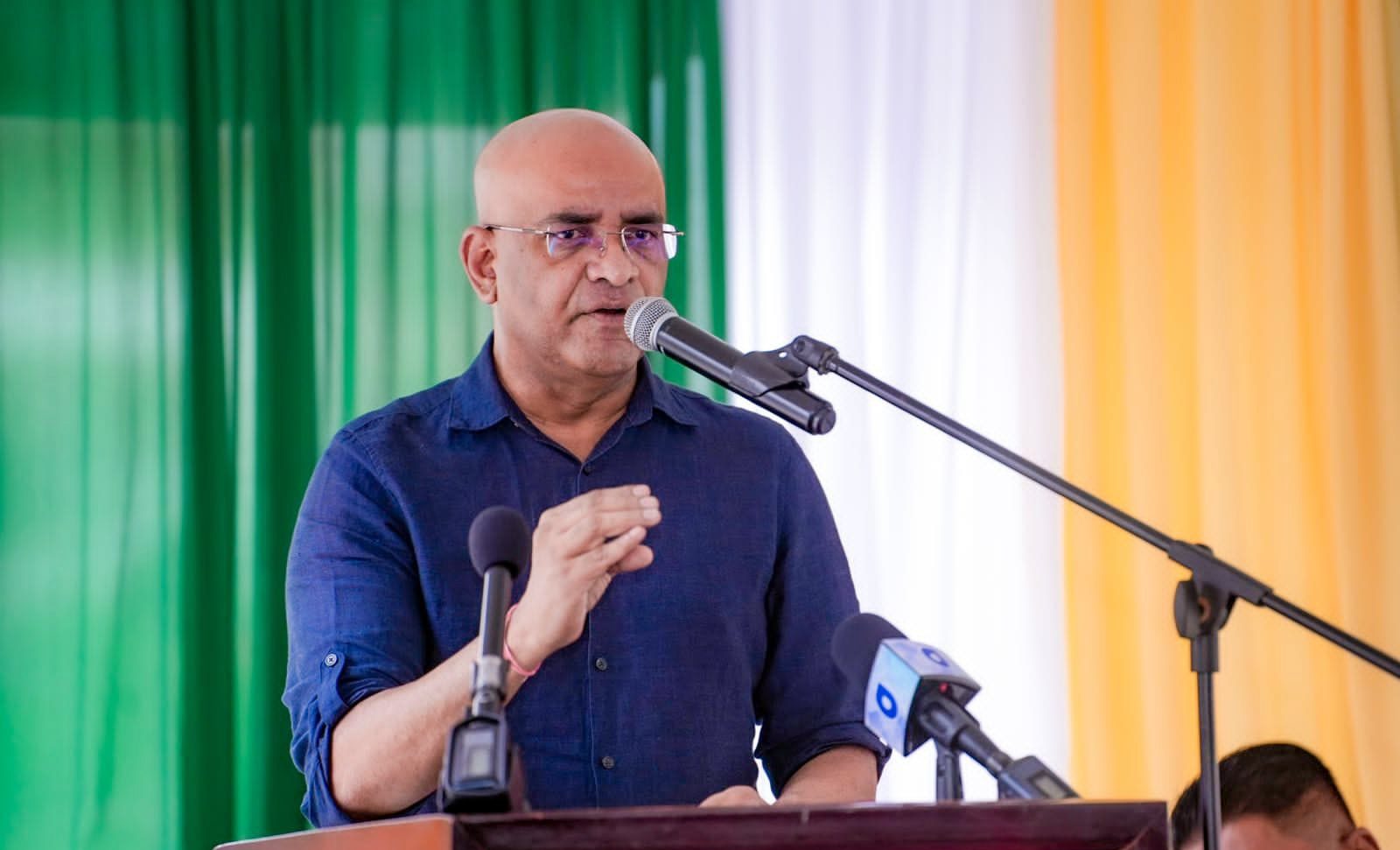The decision of Guyana regulators to apply a 10% royalty for future oil blocks was a just and studied one says Vice President, Dr. Bharrat Jagdeo. Had the government caved to the recommendations of the country’s political opposition to impose a 15% royalty, it would have killed any potential investment that is expected during the nation’s first bid round featuring 14 offshore blocks, the Vice President noted.
During a recent press conference, he said the recommendation of a 15% royalty was proffered by the political opposition and supported by others without any simulation. “They did nothing to examine if we would remain competitive. But that 15% could shut down all exploration money and future oil flows,” the chief policymaker for the oil sector said.
Contrastingly, the Vice President noted that the government did not select a new royalty in a reckless fashion but did so after conducting a global study of all the terms and selecting what would keep Guyana competitive “hence the terms and positions arrived at.”
The 10% royalty is one of the indicative terms the government had announced for the licensing round now set for completion on November 1. The other terms include a 10% income tax, 0% to 0.75% property tax, 65% cost recovery ceiling, and 50/50 profit sharing. Notably, these terms will be featured in the country’s new Production Sharing Agreements (PSAs) for shallow and deepwater blocks.
As a result of the government’s approach, the Vice President said, “There are articles emerging which are urging Namibia to follow the Guyana model and how we are approaching the industry. We have had a lot of calls from newly producing countries because they want to replicate our experience and understand how we are moving to bring modern legislation and agreements at the pace we are and still keep the industry going.”
The Vice President said he has committed to sharing these experiences with African states that are eager to use Guyana as their blueprint for stellar performance.
He also noted that in just three years, authorities have made several noteworthy accomplishments which include the passage of the Local Content Law, the reformed Natural Resource Fund Law, and most recently, the Petroleum Activities Bill. The Guyanese lawmaker said these stand as a testament to the government’s commitment to modernising the legislative and regulatory framework for the oil sector.
The next wave of governance reform, he said, will see a focus on improving Guyana’s data collection and verification systems for petroleum data along with the completion of a National Gas Strategy.




